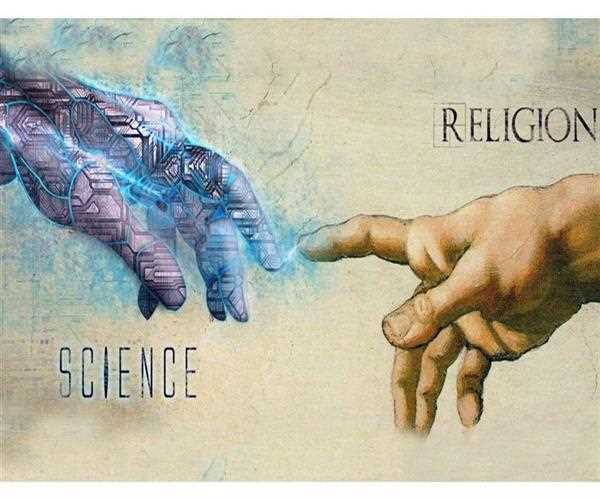
26-Mar-2023
How science explains the religion in a different way
The relationship between science and religion has been a topic of debate for centuries. While some argue that the two are fundamentally incompatible, others believe that they can coexist and even complement each other. In recent years, there has been an increasing amount of research exploring the ways in which science can help us to understand religion.
I have discovered many areas in order to explain the relationship between science and religion
One area where science has made significant strides in understanding religion is in the field of psychology. Psychologists have conducted numerous studies examining the cognitive and emotional processes involved in religious belief and practice. There is a theory, known as the "cognitive science of religion," suggests that religious beliefs and practices are natural products of the human mind. According to this theory, certain cognitive processes that evolved to help us navigate our social and physical environments have been co-opted to produce religious beliefs and practices.
A cognitive process that is thought to play a key role in religious belief is agency detection. This refers to our tendency to attribute events to the actions of agents, rather than to impersonal forces. For example, if a tree falls in the woods, we might assume that it was knocked down by a person or animal, rather than by the wind. This tendency to detect agency may have evolved as a way to help us identify and respond to potential threats. In the context of religion, it may lead us to attribute natural phenomena to the actions of supernatural beings, such as gods or spirits.
Another cognitive process that may contribute to religious belief is teleological thinking. This refers to our tendency to perceive events as having a purpose or goal. If we see a bird building a nest, we might assume that it is doing so with the goal of raising its young. This type of thinking may have evolved as a way to help us anticipate the behavior of others and to make decisions based on our expectations of their future behavior. In the context of religion, it may lead us to see the events of our lives as part of a larger plan or purpose, guided by a supernatural force.
Emotion is another area where science has shed light on the nature of religion. Research has shown that religious experiences can be associated with changes in brain activity and the release of certain neurotransmitters. For example, studies have found that prayer and meditation can lead to increased activity in the prefrontal cortex, a region of the brain associated with attention and self-control. These practices have also been associated with increased levels of the neurotransmitter serotonin, which is known to play a role in mood regulation.
There is also evidence that religious experiences can have a positive impact on mental health. Studies have found that religious practices, such as prayer and meditation, can reduce symptoms of anxiety and depression. Religious beliefs and practices can also provide a sense of meaning and purpose, which can help to reduce feelings of hopelessness and despair.
While science has made significant strides in understanding the cognitive and emotional processes involved in religious belief and practice, it is important to note that these findings do not necessarily contradict religious beliefs themselves. Rather, they provide a scientific framework for understanding the ways in which these beliefs and practices arise and function in the human mind.
Furthermore, the relationship between science and religion is not necessarily one of conflict. Many scientists are also religious believers, and many religious individuals see no conflict between their faith and scientific inquiry. In fact, some argue that the two can complement each other, with science providing a deeper understanding of the natural world, and religion providing a framework for understanding the meaning and purpose of our lives.
Science has made significant strides in understanding the cognitive and emotional processes involved in religious belief and practice. The cognitive science of religion provides a framework for understanding the ways in which our natural cognitive processes may contribute to religious beliefs and practices. Research has also shown that religious beliefs and practices can have a positive impact on mental health. While the relationship between science and religion is

SEO and Content Writer
I am Drishan vig. I used to write blogs, articles, and stories in a way that entices the audience. I assure you that consistency, style, and tone must be met while writing the content. Working with the clients like bfc, varthana, ITC hotels, indusind, mumpa, mollydolly etc. has made me realized that writing content is not enough but doing seo is the first thing for it.
Join Our Newsletter
Subscribe to our newsletter to receive emails about new views posts, releases and updates.
Copyright 2010 - 2026 MindStick Software Pvt. Ltd. All Rights Reserved Privacy Policy | Terms & Conditions | Cookie Policy